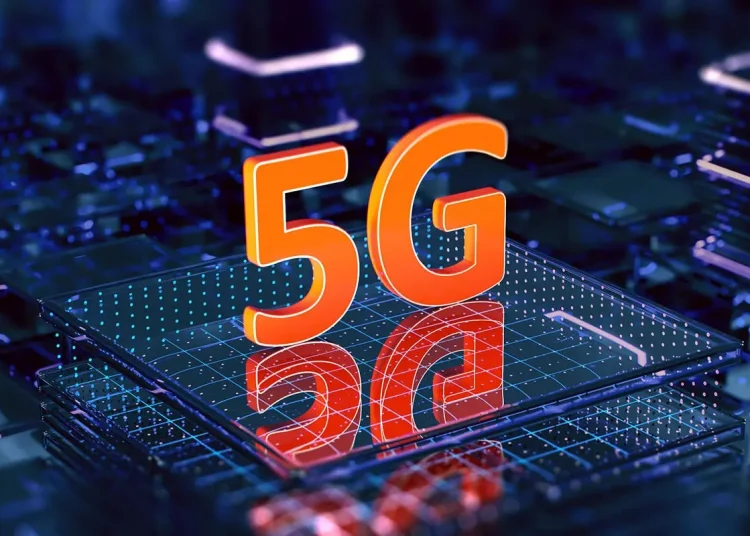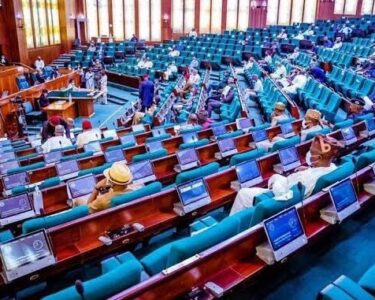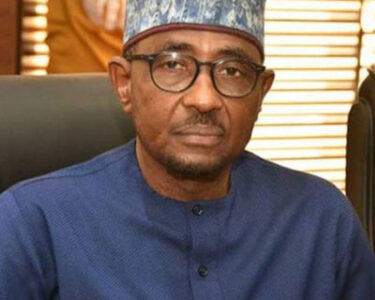Mafab Communications Limited launched its 5G network services on January 24, 2023, promising new opportunities for Nigerians to grow businesses and create jobs in the digital economy. Mafab, along with MTN, won the bid for 5G licenses to roll out services across Nigeria.
At the launch in Abuja, Mafab’s Chairman, Dr. Musbahu Bahir, highlighted the numerous benefits of 5G, including improving education, healthcare, security, financial services, small businesses, smart cities, transportation, and entertainment. He stressed that 5G would not only benefit big cities but also help bring these advancements to rural areas.
Dr. Bahir expressed confidence that 5G would make Nigeria more competitive globally and encourage innovation, positioning the country as a leader in Africa. He added that 5G would also boost Nigeria’s economy and bring social benefits to its citizens.
However, there are challenges in fully rolling out 5G across the country. At present, 5G is only available in a few major cities, leaving many parts of Nigeria without access to the technology. Experts have pointed out that the high cost of infrastructure, security concerns, and the lack of adequate investment from private firms are major hurdles.
Another issue is the limited spread of fiber optic cables needed for 5G services, particularly in areas where the technology will be deployed. Problems such as inadequate fiber access and permissions to lay down necessary cables, as well as issues with 5G devices and unreliable electricity, are also contributing to delays.
Despite these challenges, many experts believe Nigeria should not delay the 5G rollout. Deolu Ogubanjo, President of the National Association of Telecommunications Subscribers (NATCOMS), argued that if Nigeria waits for everything to be perfect, the country could fall behind. “China is already looking into 6G, and if we don’t start now, we may miss out,” he said.
Ajibola Olude, Executive Secretary of the Association of Telecommunications Companies of Nigeria (ATCON), agreed, stating that the country’s infrastructure is already good enough to support 5G. He pointed out that MTN has begun rolling out 5G services, and Mafab has successfully tested its own network. While 5G may not be available everywhere just yet, Olude said it will initially launch in six major cities like Lagos, Abuja, Port Harcourt, and Kano, with plans for future expansion.
Regarding the issue of fiber access, Olude expressed hope that operators are working with state governments to solve the problem.
In conclusion, while Nigeria faces some significant infrastructure challenges, experts believe it is crucial to move ahead with the 5G rollout to avoid falling behind other nations.



